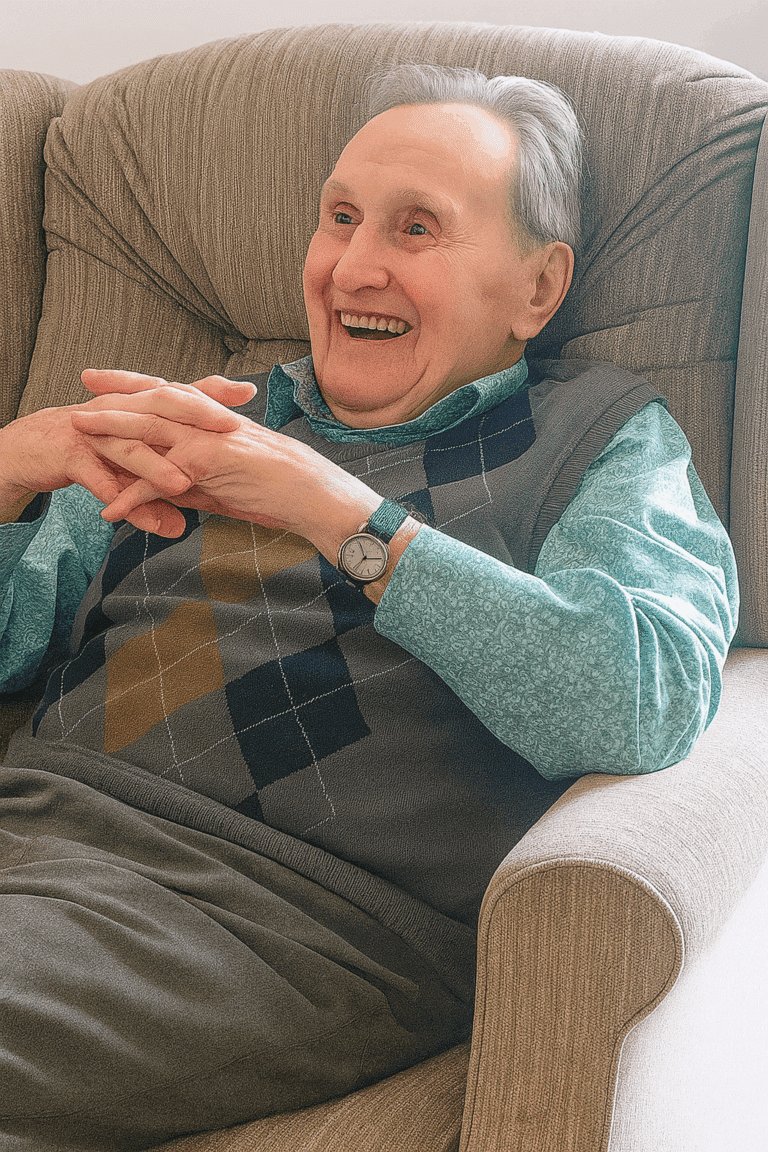This novel tells the sad but compelling story of a 50-year old woman’s struggle to cope with the symptoms of early-onset dementia. Dr Alice Howland is an eminent Professor of Psychology at Harvard University and is married to John, a leading cancer research specialist. They have three grown up children, Lydia, Anna and Tom.
As the story begins, Lisa is starting to suffer from frequent and unsettling lapses of memory and bouts of confusion. Convinced she has lost her phone charger, she goes out and buys another one, only to find the original one exactly where it should be, plugged in by the bed. While out running one evening, she suddenly can’t recognise where she is and is filled with panic. Eventually after walking on for a couple of blocks, the mental fog clears and she is able to make her way home again. When about to deliver a lecture to a room full of students one morning, she can’t remember the topic she is supposed to be covering and has to ask her students, who look at each other in shock and disbelief.
Alice goes to see a neurologist who carries out a series of memory tests, but reserves judgment on his findings. Alice starts conducting her own memory tests and convinces herself that all is fine. But then on Christmas Eve she struggles to remember how many eggs are needed for a recipe she has made regularly for more than 25 years. When her daughter walks in, she finds her mother hurling eggs round the room in a fit of rage and despair.
When Alice goes back to see the neurologist, he goes though a long list of what she doesn’t have before finally telling her that she “fits the criteria of having probable Alzheimer’s disease”. A subsequent blood test proves once and for all that she does indeed have Alzheimer’s. A genetic counsellor tells her she is one of the 10% of people in the US who develop Alzheimer’s before the age of 65.
Alice pays a visit to a local care home with a dementia facility, where the manager tells her that their youngest dementia patient is 70 and the average age about 82–83. Alice is shocked by the absence of visitors and also by the cost: $285 a day, $100,000 a year. She wishes she had cancer instead of dementia, because “at least cancer is a condition you can fight against, whereas with dementia, all you can do is take pills to moderate its effects.”
Alice is reluctant to give in to her diagnosis, but with gentle and sensitive persuasion by both her Head of Faculty and her husband, she finally accepts that her days as a Psychology Professor are over and she starts to turn her attention to making the most of her life with her husband and children. Some time later she phones a social worker recommended by the hospital to ask about support groups, only to be told that the support groups are intended for the people caring for those with Alzheimer’s! She does contact Alice again, though, a few days later with the email addresses of people who might be interested in joining Alice’s support group for people with early onset dementia. Alice manages to get her group off the ground and they start holding regular meetings, which prove a great success and provide comfort and reassurance to all.
Alice and John also learn that each of their children has a 50% chance of inheriting the genetic mutation that can lead to Alzheimer’s. The question is, should they tell them or not? When they finally broach the subject at a family gathering, the conversation is difficult and emotional, especially for their eldest daughter, Anna and her husband, Charlie, who, it later turns out, are trying to start a family.
By taking life one day at a time and by accepting that she will have good days and bad days, Alice is able to continue living a relatively normal life for …… One of her most memorable days is when she is invited to give a talk at a national care conference, attended by a wide range of professionals involved in the care of people with dementia. As well as family members the delegates include neurologists, general practitioners, practice physicians, geriatric physicians, neuro psychologists, nurses and social workers all gathered it in one place to exchange information on approaches to diagnosis, treatment and patient care.
Alice appeals to the audience on behalf of all those living with dementia: “Don’t write us off. Look us in the eye, talk directly to us. Don’t panic or take it personally if we make mistakes, because we will. We will repeat ourselves, we will misplace things, and we will get lost. We will forget your name and what you said two minutes ago. We will also try our hardest to compensate for and overcome our cognitive losses.
“I encourage you to empower us, not limit us… Work with us, help us develop tools to function around our losses in memory, language and cognition. Encourage involvement in support groups. We can help each other, both people with dementia and their caregivers, navigate through this land of neither here nor there…”
Her speech is warmly received, an experience only surpassed when a few weeks later her daughter, Anna, gives birth to twins, a boy and a girl, and Alice gets to hold them in her arms. Much to her relief Anna tells her that neither of her new grandchildren has inherited the Alzheimer’s gene.
Although this story is a work of fiction, it comes across as both realistic and authentic. The writer, Lisa Genova, wrote the book while studying for a PhD in Neuroscience at Harvard. During this period her grandmother, by then in her 80s, was starting to suffer from Alzheimer’s and many of the details in the book are based on the writer’s real-life observations. At the same time, as a practising neuroscientist, Lisa was able to talk to a wide range of people while researching the book – from medical and psychological experts, right through to those living with Alzheimer’s and their relatives.
The result is a compelling and heart-warming story, told with insight and compassion. The book has now sold over 1 million copies worldwide and has been made into an Academy award-winning film, starring Julianne Moore. Highly recommended for anyone seeking to learn more about early-onset dementia.



